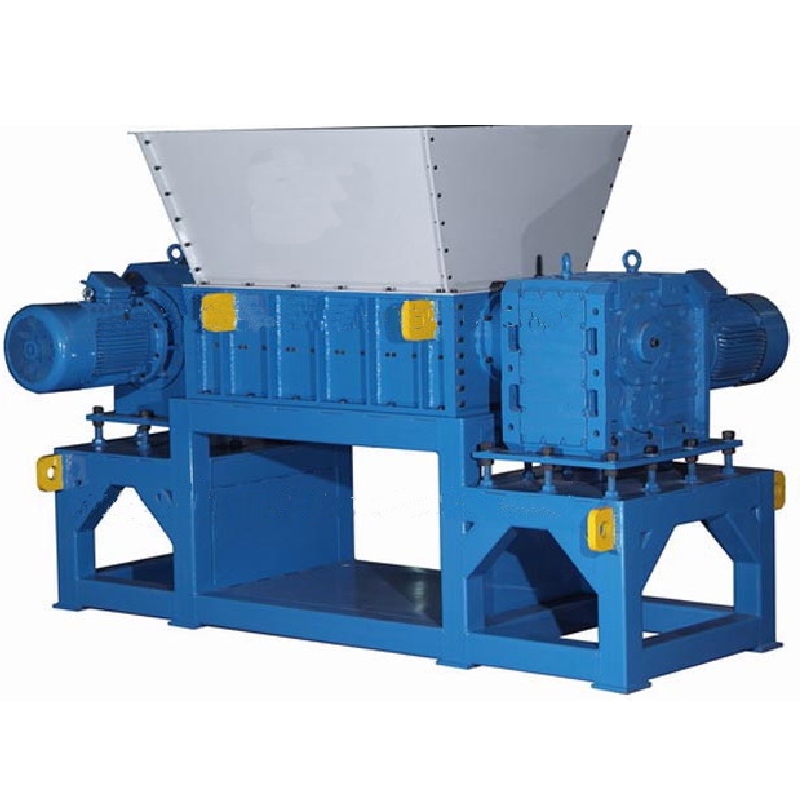

डिस . 15, 2024 09:43 Back to list
How to Dispose of Broken Electronics Safely and Responsibly
In our increasingly tech-dependent society, electronic devices have become integral to our daily lives. However, with the rapid evolution of technology, the lifespan of many electronic products tends to be short. As a result, broken electronics are filling landfills at an alarming rate. Disposing of these items safely and responsibly is crucial not only for environmental preservation but also for personal safety. Here’s how you can effectively get rid of broken electronics.
Understand the Risks
Before you dispose of broken electronics, it's essential to understand the potential hazards they may pose. Many electronic devices contain hazardous materials such as lead, mercury, cadmium, and flame retardants. When these devices are improperly disposed of, they can leach into the environment, contaminating soil and water sources. Furthermore, broken electronics can pose injury risks due to sharp edges or the contained batteries, which may leak or explode if damaged.
Check for Repair
Before considering disposal, evaluate whether the electronic device can be repaired. Many broken items can be fixed at a fraction of the cost of a new product. Check with local repair shops or online services that specialize in electronics repair. Not only does this option extend the device's life, but it also reduces electronic waste, contributing to a more sustainable environment.
Donate or Sell
If your broken electronics are still in working condition but no longer meet your needs, consider donating them to charitable organizations or schools. Many nonprofits accept older gadgets for reuse, helping those who may not afford new technology. If the device is slightly broken but reparable, you might also sell it as a “for parts” item on online marketplaces. Such practices promote recycling and allow others to benefit from your old electronics, keeping them out of landfills.
Recycling Programs

The best way to dispose of broken electronics is through dedicated recycling programs. Many municipalities offer specific collection days or drop-off locations for e-waste. These programs ensure that hazardous materials are handled safely and that reusable components are recovered for future use. To find a local recycling program for electronics, check with your local waste management authority or search online for certified e-waste recyclers in your area.
Retailer Take-Back Programs
Many retailers have taken the initiative to offer take-back programs for electronic devices. Companies such as Best Buy, Staples, and Apple have established drop-off points for old electronics, providing an easy way for consumers to dispose of their devices responsibly. Often, these programs include a rewards incentive, giving customers store credit for bringing in their old gadgets.
Special Considerations for Batteries
Batteries can be particularly harmful to the environment if not disposed of properly. Lithium-ion batteries, commonly found in smartphones, laptops, and electric vehicles, should never go in the regular trash. Instead, look for designated battery recycling locations or retail take-back programs that accept batteries. Many auto parts stores and electronics retailers provide recycling options for batteries, including old car batteries, which are highly hazardous.
Data Security
Before disposing of any electronic device, take the necessary steps to protect your personal information. Always back up your data before you get rid of a device, and then erase all personal data by performing a factory reset or using specialized software designed for data erasure. This helps prevent identity theft and ensures that your private information doesn't fall into the wrong hands.
Conclusion
Disposing of broken electronics in a responsible manner is essential for the environment and public safety. By repairing, donating, recycling, or utilizing retailer take-back programs, you can mitigate the impact of e-waste and contribute to a more sustainable future. Remember that proper disposal not only protects the environment but also fosters a culture of responsibility and stewardship towards our tech-driven world. As consumers, we have the power to make informed decisions that benefit both ourselves and the planet.
Latest news
Troubleshooting Common Eddy Separator Problems
NewsJul.04,2025
The Role of Metal Recycling Plants in Circular Economy
NewsJul.04,2025
The Impact of Recycling Line Pickers on Waste Management Costs
NewsJul.04,2025
Safety Features Every Metal Shredder Should Have
NewsJul.04,2025
How Industrial Shredders Improve Waste Management Systems
NewsJul.04,2025
How Cable Granulators Contribute to Sustainable Recycling
NewsJul.04,2025